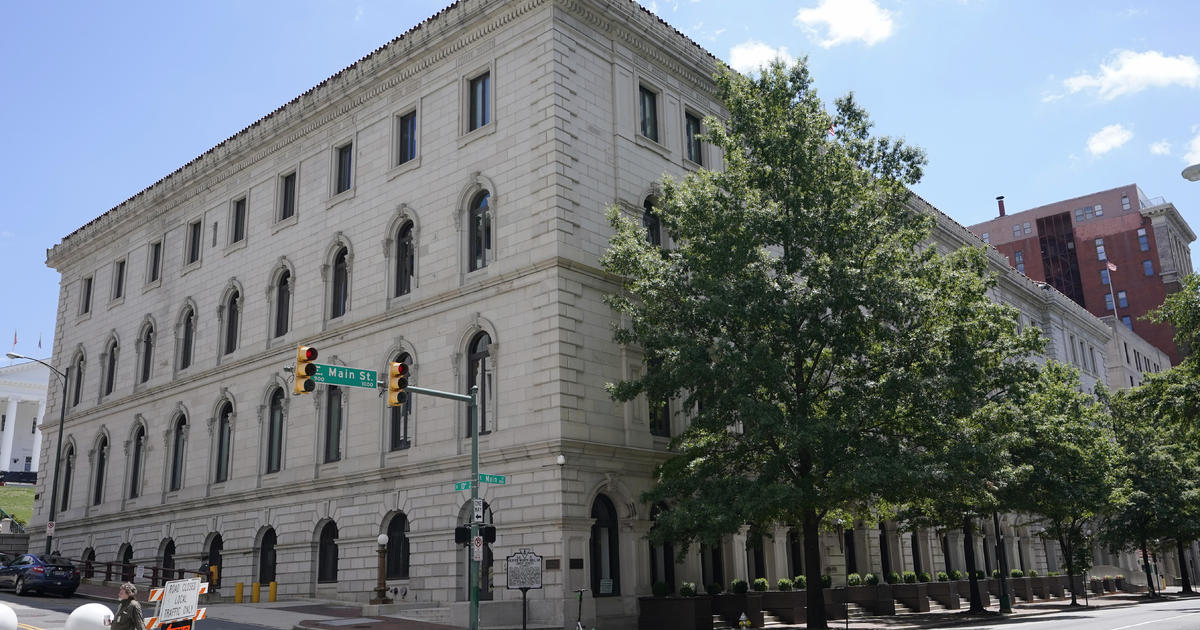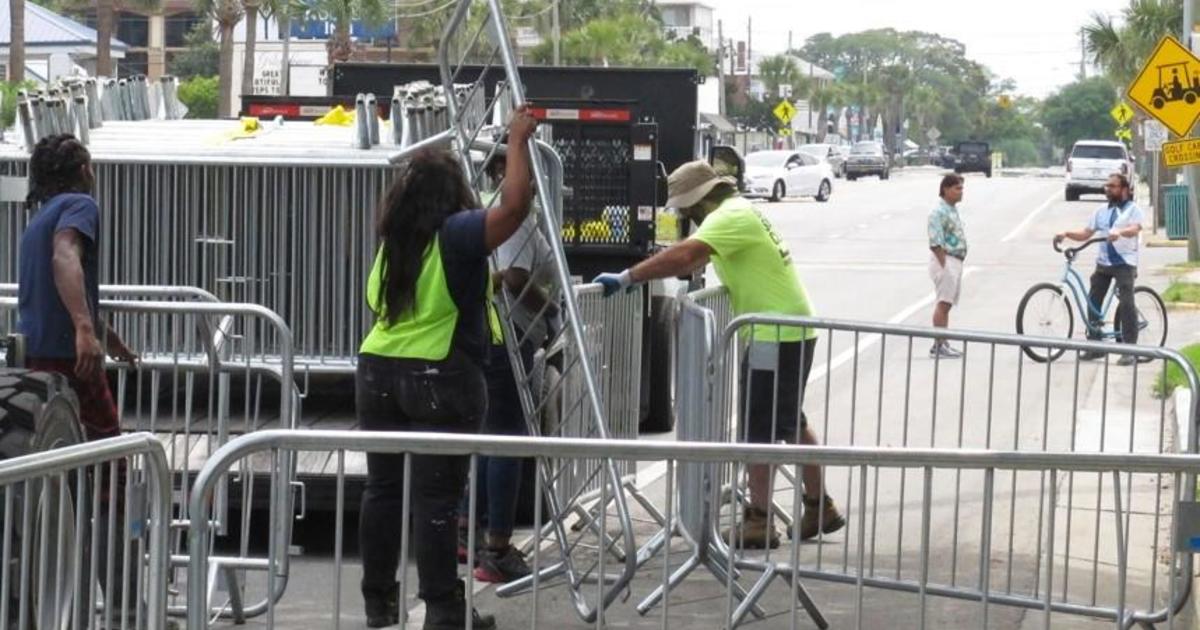California becomes first state to provide free meals to all students
The new school year has started for many students in California, and the state is officially the first to offer free meals to all students.
Ahead of the 2022-2023 school year, Gov. Gavin Newsom signed into law legislation that establishes a universal meal program. Under the new law, all kindergarten through 12th grade public schools must provide two free meals – breakfast and lunch – during each school day to students requesting a meal, regardless of the student's free or reduced-price meal eligibility.
The state already had a free or reduced-meal program in place, which was based on household income.
In addition to making free meals available to all, the law also provides $150 million in funding to support kitchen infrastructure upgrades and nutrition related staff training for districts preparing to implement the universal meals program.
Feeding America, a nonprofit that runs hundreds of food banks nationwide, projected that 13 million children may experience food insecurity in 2021. While this is a slight improvement from 2020, many families who faced food insecurity before the pandemic faced greater hardship after COVID-19 started. There are also racial disparities in food insecurity, and Feeding America projected 21% of Black individuals may have experienced food insecurity in 2021, compared to 11% of white individuals.
Through the National School Lunch Program, students from low-income households are eligible for free meals at all public schools. When New York City expanded its free meal program to all students, regardless of household income, even more participated – including students who were previously eligible for free lunches, but didn't take them, according to research from Emily Gutierrez of Brown University's Annenberg Institute.
Experts say at least one third of eligible kids from low-income households didn't participate in the past, because they didn't want to be perceived as poor and bullied, according to Norm Fruchter, senior consultant for NYU's Metro Center. Experts say at least one-third of eligible kids from low-income households didn't participate in the past, because they didn't want to be perceived as poor and bullied, according to Norm Fruchter, senior consultant for the NYU Metro Center.
CBS News has reached out to Newsom and state Sen. Nancy Skinner, who introduced the bill, for comment and is awaiting response.




